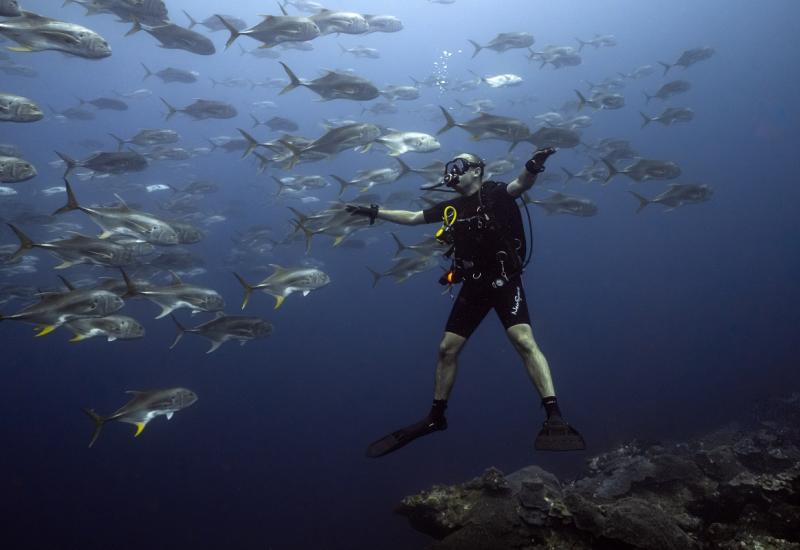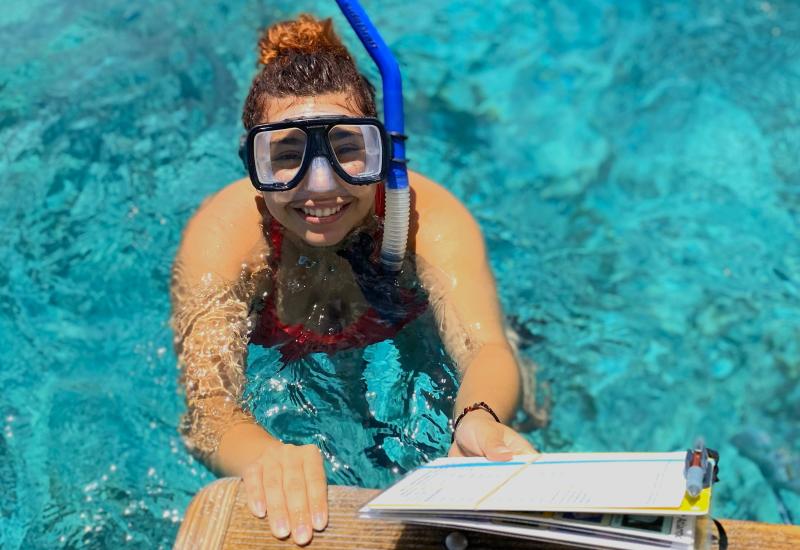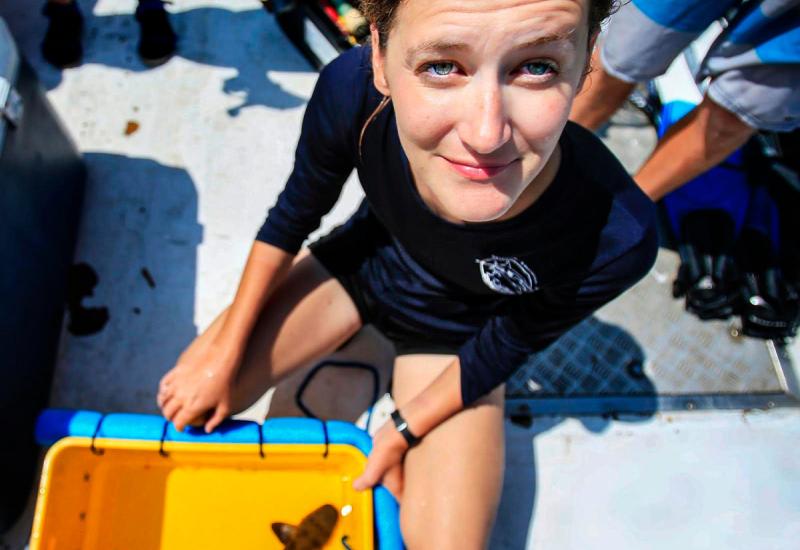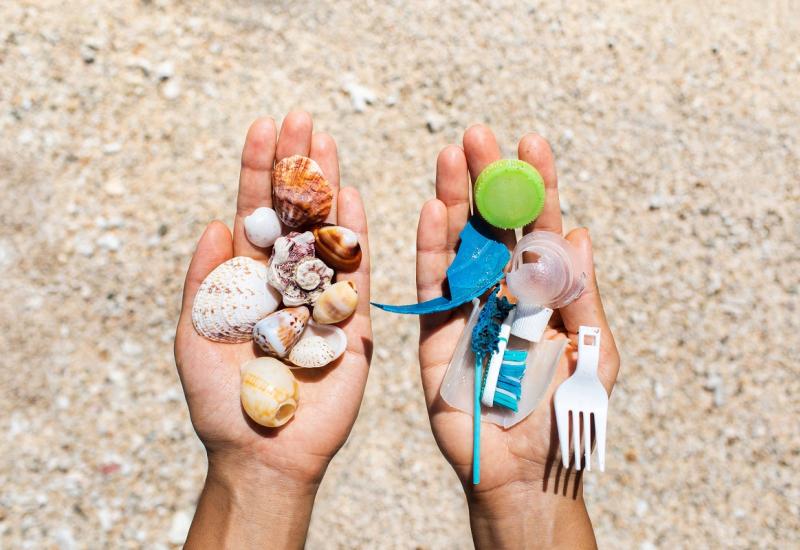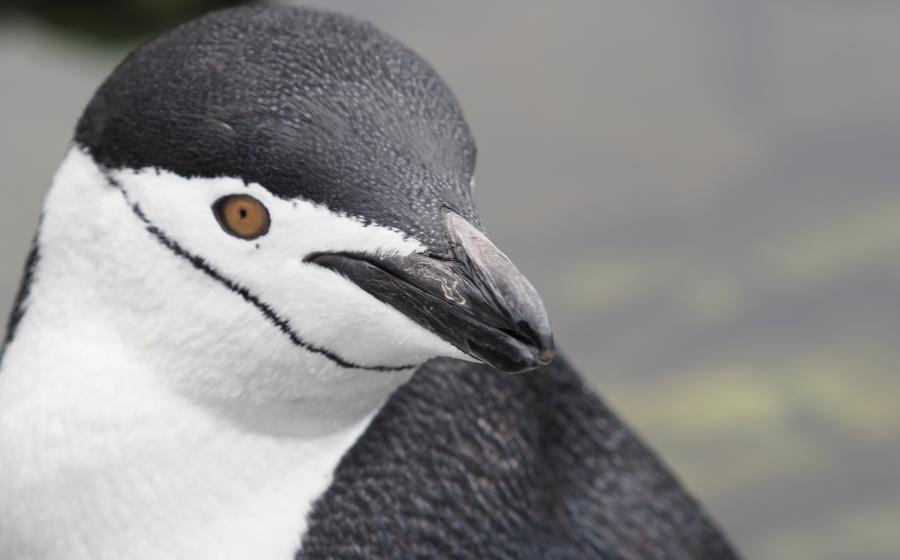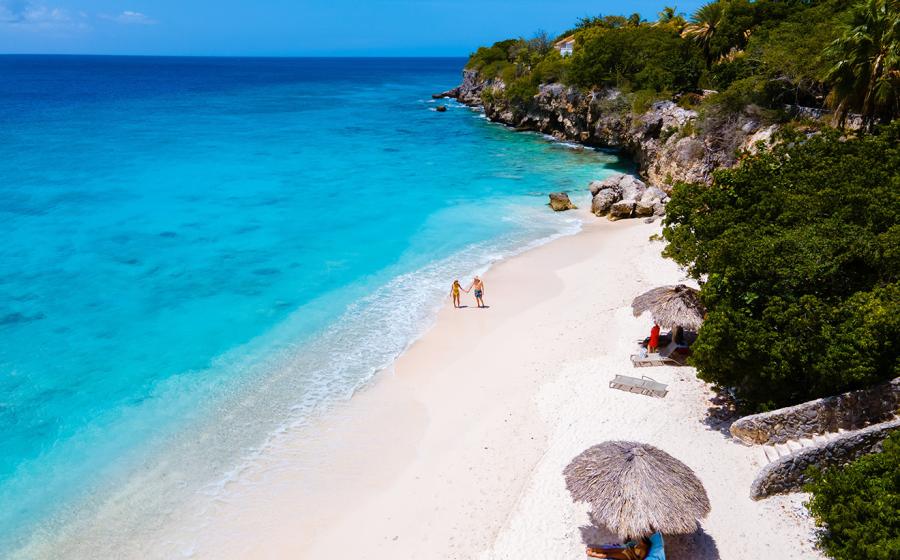Coral Kindergarten for Raja Ampat
Off the coast of New Guinea, in a distant corner of the Raja Ampat archipelago, lie the Daram Islands. Located at the heart of the Coral Triangle, this region is the most biodiverse tropical marine region in the world, with more than 1,000 species of fish, hundreds of varieties of coral and nearly 1,000 types of mollusks. In an area no bigger than a football field, divers can encounter more types of coral than in the entire Caribbean. Its rich array of marine life, clear blue waters and long beaches make this region one of the top-10 places for diving and an idyllic tourist destination.
However, these magnificent islands and their incredible variety of marine life are in imminent danger. Their remote location and surrounding abundance make them an ideal location for illegal operations of all kinds: turtle harvesting, shark finning and illegal logging, while destructive fishing practices such as net fishing and even dynamite fishing decimate the reefs.
In late 2005, the Misool Eco Resort established a 90,440-acre no-take zone in Raja Ampat that prohibits removal of anything from the sea in this protected area. Although this effort did much toward preserving the unique biodiversity of the area, the waters surrounding the Daram Islands remained unprotected, and illegal operations continued to take a heavy toll.
Since 2011, Seacology — a unique nonprofit organization led by executive director Duane Silverstein — has been working with the Misool Eco Resort and WildAid, with support from the Walton Family Foundation, to expand the existing no-take zone by an additional 99,583 acres for 15 years.
Seacology’s mission is to help pro tect threatened species and habitats of the world’s islands. It does so by working directly with local people, to conserve their natural resources and improve their quality of life. Seacology asks islanders to identify a community need that it can support, such as building a school or providing a freshwater delivery system. In exchange, the community agrees to establish and manage a marine or terrestrial reserve. The situation in Raja Ampat was a perfect fit for a Seacology project.
The small village of Fafanlap, located on the edge of the spectacular southeast Misool region of the Raja Ampat archipelago, lacked the resources to construct a much-needed community building. The building is essential for village meetings and events, and would also be used as a kindergarten. When the people of Fafanlap identified this need, Seacology stepped forward and provided the necessary funds and support to complete the building by June 2012. In exchange for Seacology’s aid, the villagers agreed to turn the marine waters they own around the Daram Islands into a no-take zone and patrol the area.
Since the no-take zone and patrols were established, the people of Raja Ampat have seen a dramatic decrease in poaching and destructive fishing practices, and the surrounding biodiversity has flourished. The accomplishments of the people of Raja Ampat and the Misool Eco Resort, in partnership with Seacology and other organizations, demonstrate that preserving the world’s fragile ecosystems and supporting the local community go hand in hand. The success of this project gives hope that this unique area will remain a global treasure for years to come.
You Can Help
Learn more about Seacology at seacology .org, or email [email protected]. Here are some ways to get involved:
> Donate Seacology’s work depends on the generosity of its donors; contribute at seacology.org today to make a difference.
> Save an acre A donation of just $40 can save one acre of marine or forest habitat.
> Spread the Word “Like” Seacology on Facebook, follow on Twitter and tell others about Seacology.
> ****Join us Attend the annual Seacology Prize Ceremony, which honors indigenous leaders who risk their lives to protect their island’s ecosystems and culture. The 2013 ceremony will take place Oct. 3 in Berkeley, California.
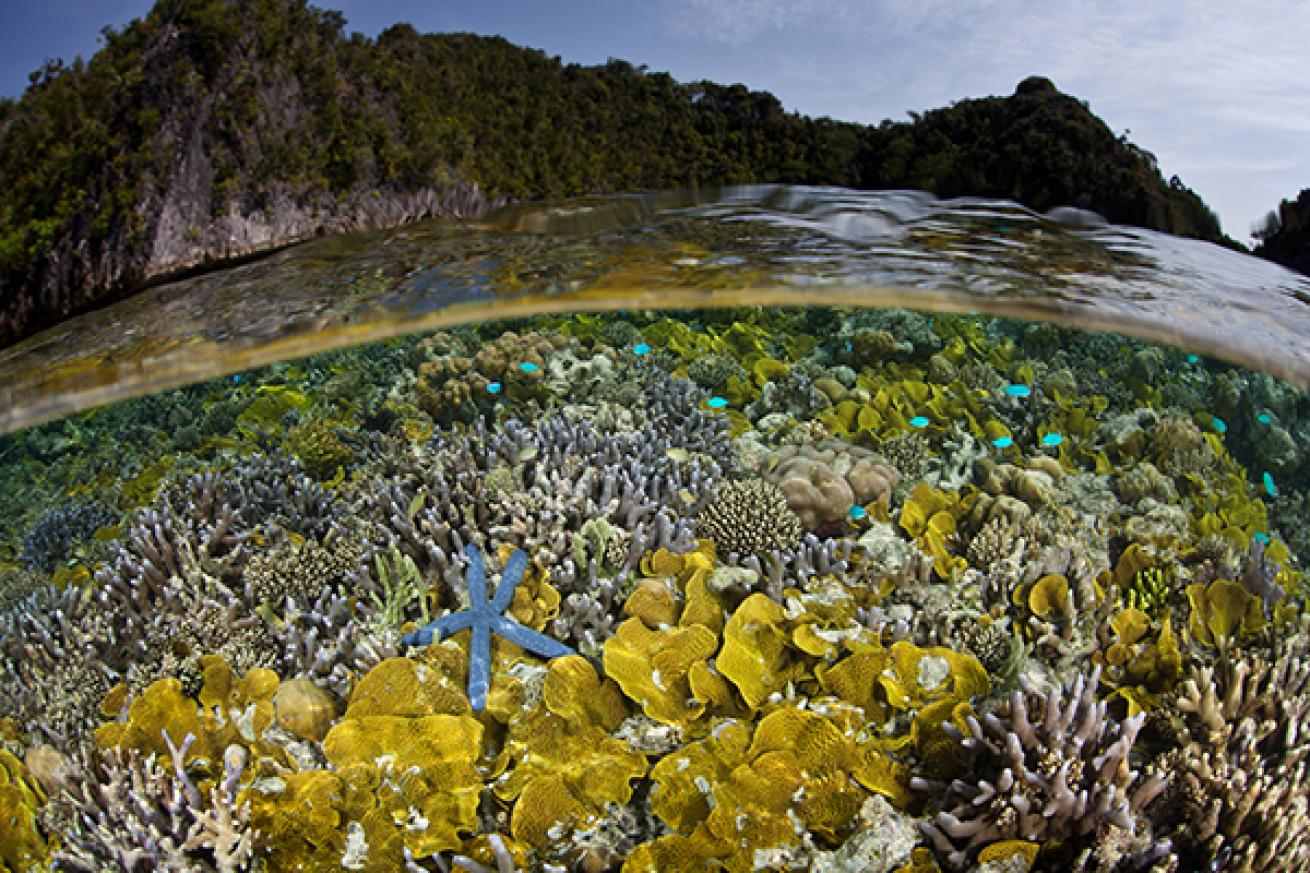
Ethan DanielsRaja Ampat residents and children enjoy the spectacular heritage and biodiversity that the location has to offer.
Off the coast of New Guinea, in a distant corner of the Raja Ampat archipelago, lie the Daram Islands. Located at the heart of the Coral Triangle, this region is the most biodiverse tropical marine region in the world, with more than 1,000 species of fish, hundreds of varieties of coral and nearly 1,000 types of mollusks. In an area no bigger than a football field, divers can encounter more types of coral than in the entire Caribbean. Its rich array of marine life, clear blue waters and long beaches make this region one of the top-10 places for diving and an idyllic tourist destination.
However, these magnificent islands and their incredible variety of marine life are in imminent danger. Their remote location and surrounding abundance make them an ideal location for illegal operations of all kinds: turtle harvesting, shark finning and illegal logging, while destructive fishing practices such as net fishing and even dynamite fishing decimate the reefs.
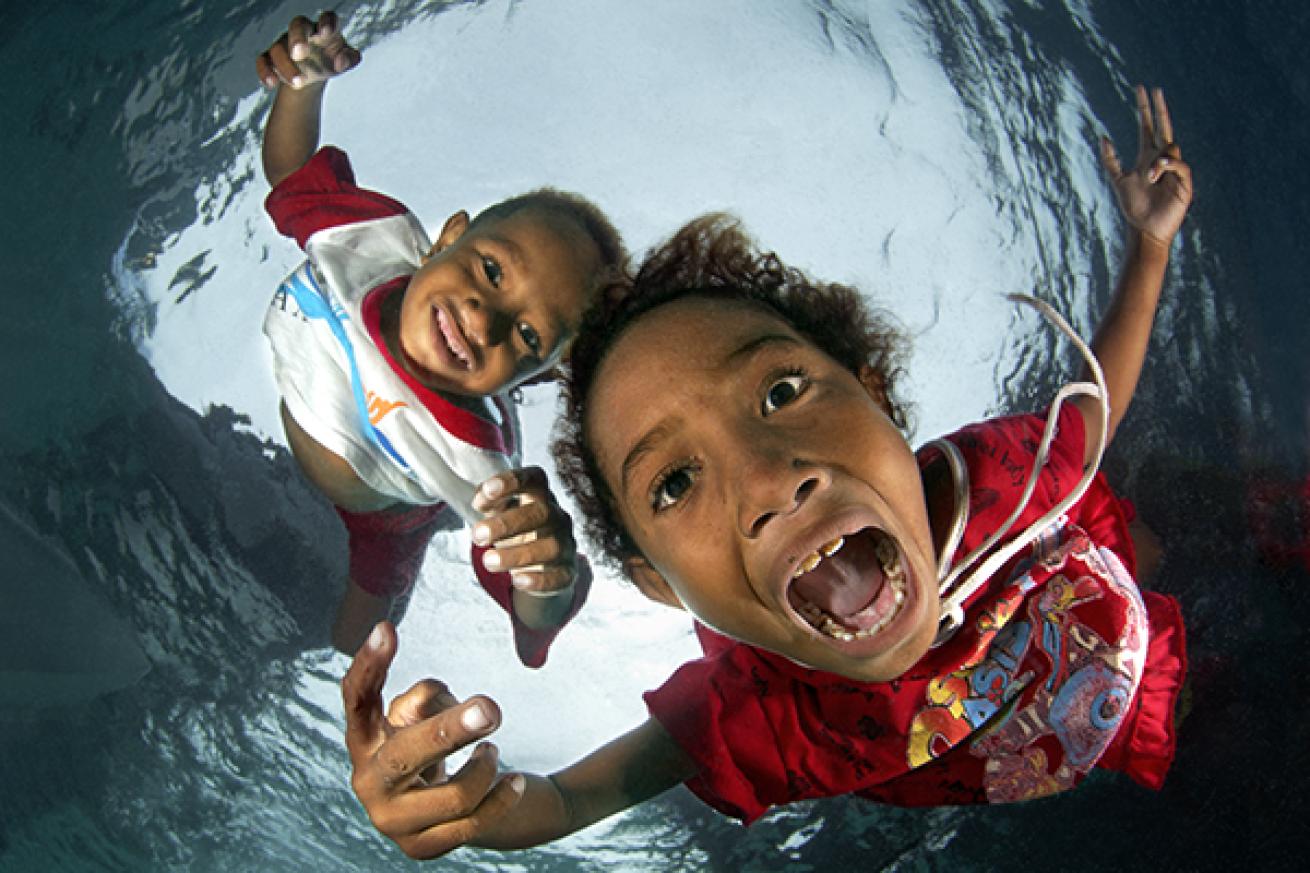
Tobias Friedrich, Below-surface.comChildren in Raja Ampat play in what is now a no-take zone.
In late 2005, the Misool Eco Resort established a 90,440-acre no-take zone in Raja Ampat that prohibits removal of anything from the sea in this protected area. Although this effort did much toward preserving the unique biodiversity of the area, the waters surrounding the Daram Islands remained unprotected, and illegal operations continued to take a heavy toll.
Since 2011, Seacology — a unique nonprofit organization led by executive director Duane Silverstein — has been working with the Misool Eco Resort and WildAid, with support from the Walton Family Foundation, to expand the existing no-take zone by an additional 99,583 acres for 15 years.
Seacology’s mission is to help pro tect threatened species and habitats of the world’s islands. It does so by working directly with local people, to conserve their natural resources and improve their quality of life. Seacology asks islanders to identify a community need that it can support, such as building a school or providing a freshwater delivery system. In exchange, the community agrees to establish and manage a marine or terrestrial reserve. The situation in Raja Ampat was a perfect fit for a Seacology project.
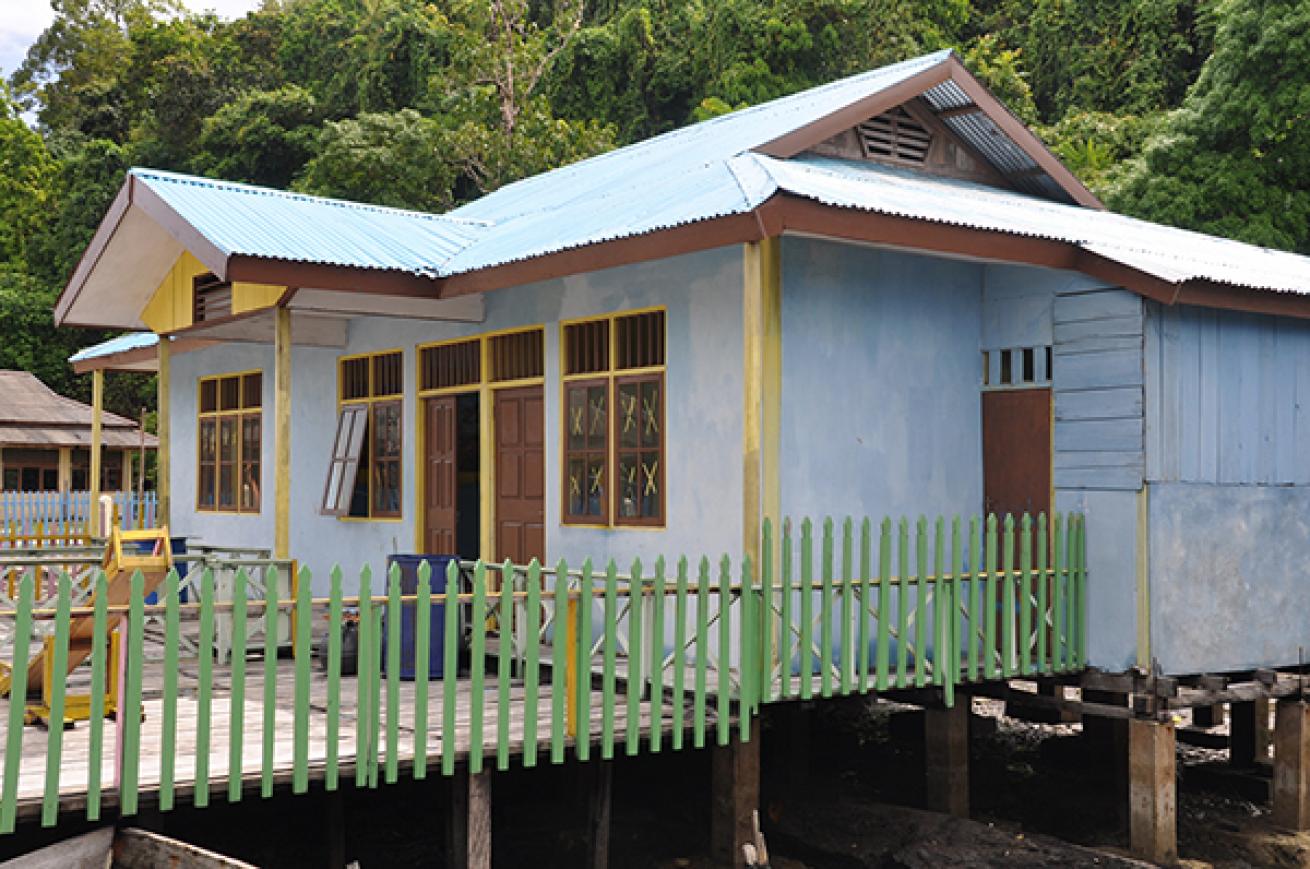
Courtesy SeacologySeacology-sponsored community building in Raja Ampat to protect the areas coral reefs.
The small village of Fafanlap, located on the edge of the spectacular southeast Misool region of the Raja Ampat archipelago, lacked the resources to construct a much-needed community building. The building is essential for village meetings and events, and would also be used as a kindergarten. When the people of Fafanlap identified this need, Seacology stepped forward and provided the necessary funds and support to complete the building by June 2012. In exchange for Seacology’s aid, the villagers agreed to turn the marine waters they own around the Daram Islands into a no-take zone and patrol the area.
Since the no-take zone and patrols were established, the people of Raja Ampat have seen a dramatic decrease in poaching and destructive fishing practices, and the surrounding biodiversity has flourished. The accomplishments of the people of Raja Ampat and the Misool Eco Resort, in partnership with Seacology and other organizations, demonstrate that preserving the world’s fragile ecosystems and supporting the local community go hand in hand. The success of this project gives hope that this unique area will remain a global treasure for years to come.
You Can Help
Learn more about Seacology at seacology .org, or email [email protected]. Here are some ways to get involved:
> Donate Seacology’s work depends on the generosity of its donors; contribute at seacology.org today to make a difference.
> Save an acre A donation of just $40 can save one acre of marine or forest habitat.
> Spread the Word “Like” Seacology on Facebook, follow on Twitter and tell others about Seacology.
> ****Join us Attend the annual Seacology Prize Ceremony, which honors indigenous leaders who risk their lives to protect their island’s ecosystems and culture. The 2013 ceremony will take place Oct. 3 in Berkeley, California.

